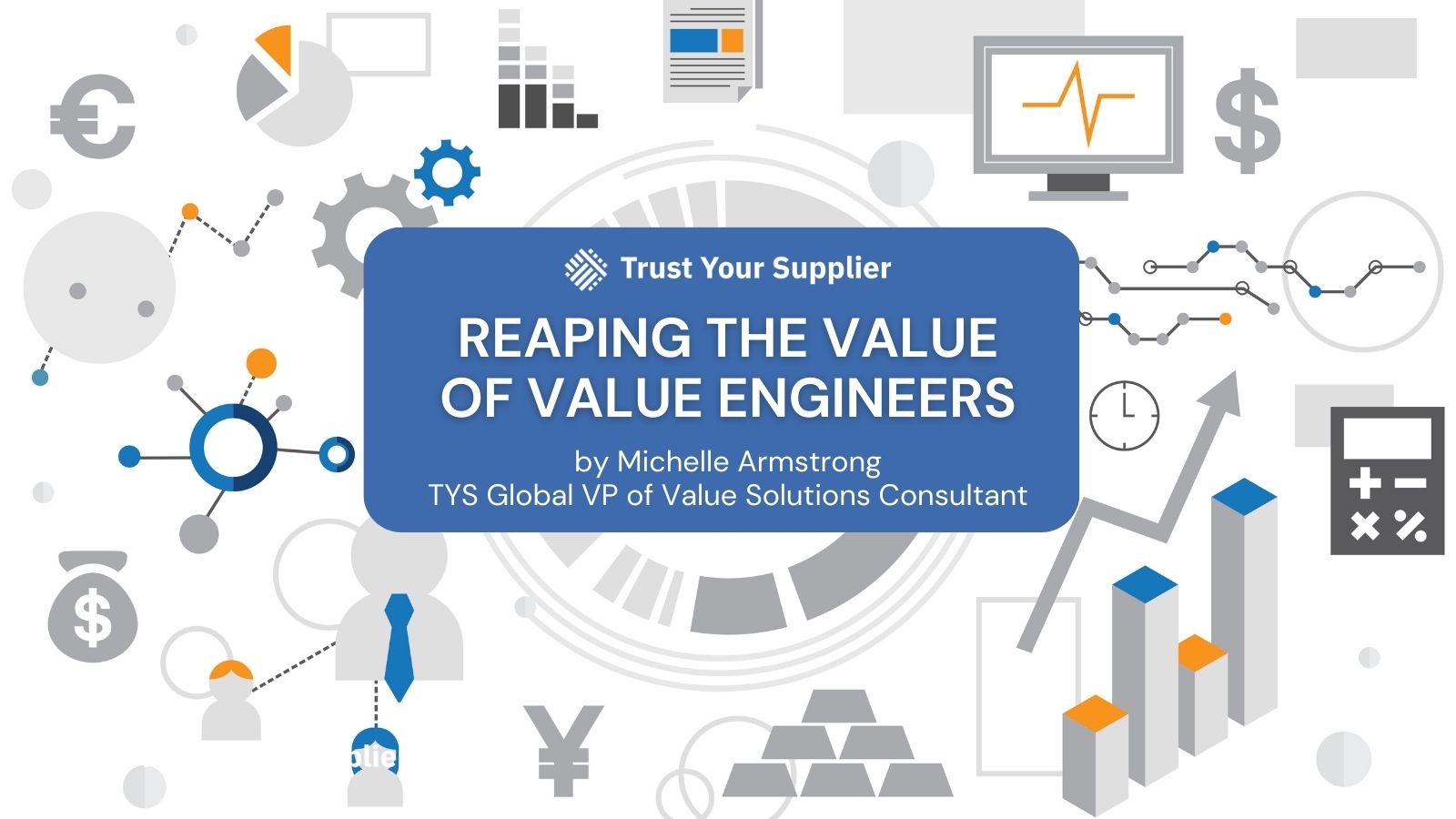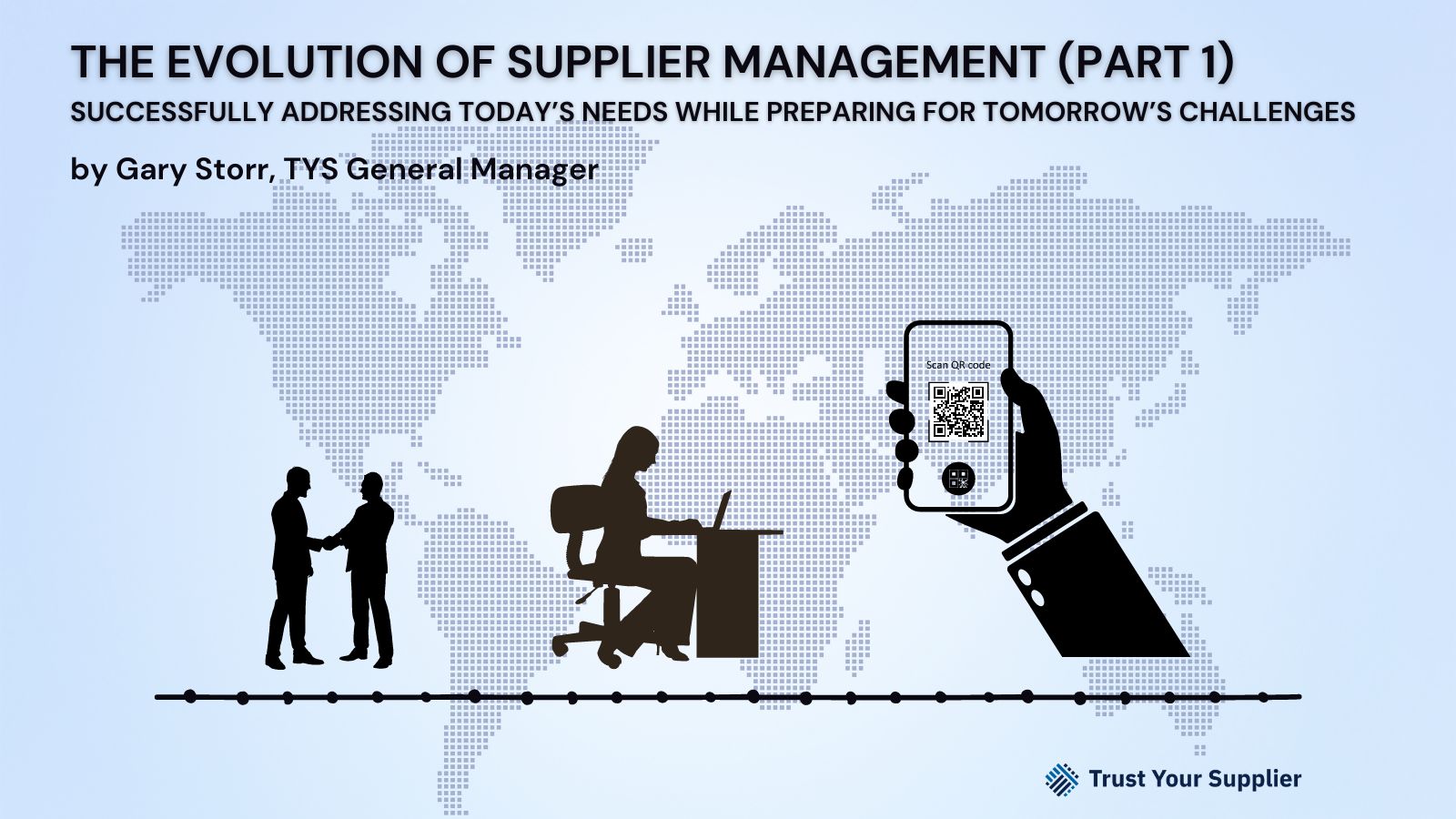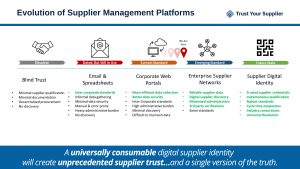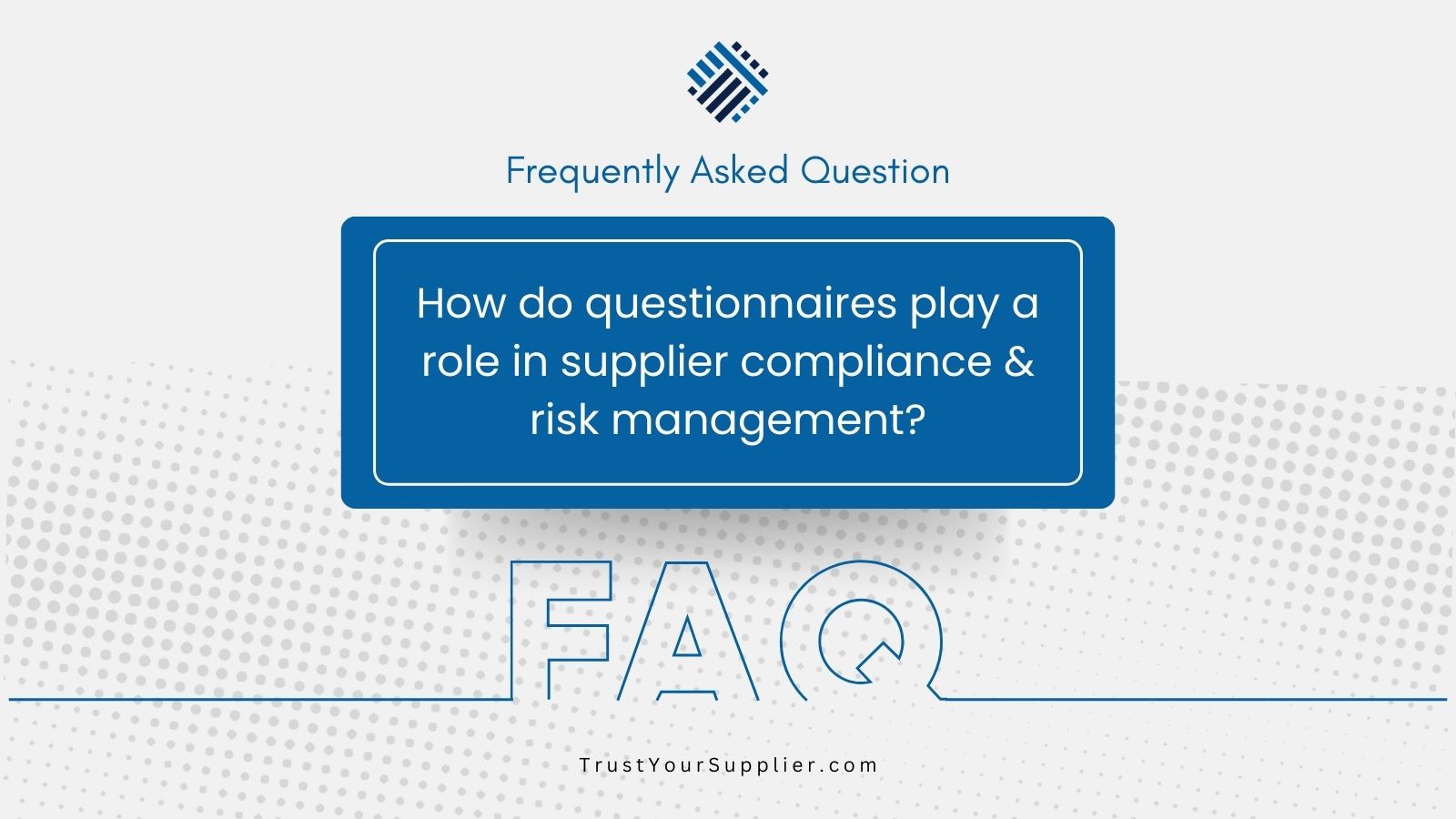by Michelle Armstrong, TYS Global VP of Value Solutions Consultant
In the fast-evolving landscape of technology, Value Engineers have emerged as pivotal influencers. Their primary role is to bridge the gap between the intricacies of the technological world and the practicalities of business operations, facilitating the seamless integration of technology systems with business strategies. This unassuming but significant community of professionals, with their knack for continuous collaboration, creativity, and problem-solving skills, have etched an indelible mark on many businesses, becoming our unsung heroes behind flourishing organizations during digital transformation.
What is Value Engineering?
Value engineering (VE), sometimes known as value analysis, represents a structured approach targeting the optimization of cost and functionality for products, processes, or systems. It’s a process that stimulates the elimination of excessive costs at various project stages while ensuring that quality and performance remain unaffected.
Who are Value Engineers?
Value Engineers are the remarkable, often unheralded, champions working tirelessly behind the scenes to ensure maximum value is derived from technological products and systems. They are responsible for evaluating, identifying, and optimizing any process, successfully bridging the gap between technological innovation and organizational needs. Our technological world is shaped daily by these architects of innovation.
Value Engineers bring countless benefits to organizations:
- They’re Problem Solvers: They understand the complexities of systems, troubleshoot effectively to ensure their smooth operation and drive maximum value from them.
- They’re Insightful Strategists: Leveraging their profound understanding of technology and business interface, they formulate and execute successful strategies to boost productivity, reduce duplicated efforts, and foster the holistic evolution of organizations.
- They’re Visionaries: With a futuristic perspective, value engineers ensure that every technological endeavor aligns with the strategic goals and objectives of the company.
- They’re Collaborators: They streamline communication between diverse departments encouraging a culture of collaboration that respects the interrelationships of business operations.
- They’re Risk Mitigators: With a keen eye for potential vulnerabilities, they proactively implement safeguards, constantly refining processes and protocols to ensure a sturdy infrastructure that minimizes unforeseen challenges and secures the organization’s assets.
- They’re Efficiency Experts: Through constant process evaluation, value engineers significantly reduce unnecessary expenditures, increasing overall profitability and effectiveness.
The Catalyst for Unconventional Thinking
Incorporating diverse team members in value engineering is no longer optional – it’s essential. A diverse team kindles new viewpoints, propelling unconventional thinking that challenges the status quo. According to a 2019 report by McKinsey & Company, companies with the most culturally and ethnically diverse executive teams were 36% more likely to see above-average profits, a testimony to the transformative power of diversity.
This critical observation underscores the immense transformative power of diversity. It is not merely a token or a tick mark on the corporate social responsibility agenda but a powerful tool that can shape organizational culture, drive business growth, and define industry trends.
When a team is composed of individuals who perceive the world through varying lenses, it can engender unconventional thinking — the kind of thinking that routinely questions the status quo, doesn’t fear to tread the thin line between seemingly impossible and possible, and continually strives for betterment. This unconventional thinking often evolves into ingenious solutions, opening avenues of progress that were previously unseen or unthought of.
Celebrating the Technical Experts and Visionary Leaders
The value of value engineers cannot be underestimated. Their immense contribution is at the very heart of technological advancements. Their innovative and analytical minds bring a balance between cost-effectiveness, functional performance, and resource efficiency, significantly impacting the overall success of a project. We celebrate their resilience, innovation, and leadership, and remind every value engineer that their output is revered, appreciated, and always integral to our progressive march towards a technology-driven future.
Incorporating the principles of value engineering can help you achieve the ideal balance between maximizing value and minimizing costs, leading to sustained success in the industry.
As we help redefine the tech landscape, remember to embrace and elevate the guardians of technology – our value engineers. Let’s celebrate their accomplishments and acknowledge their expertise and vision, for they are the unseen champions writing the narrative of our technological advancement, one improvement at a time.
#ValueEngineers, #TechnologyInnovators, #BusinessStrategists, #DigitalTransformation, #UnconventionalThinking, #RiskMitigators, #TrustYourSupplier, #EfficiencyExperts, #ValueEngineering, #TechVisionaries, #ProblemSolvers, #OrganizationalGrowth, #ProcessOptimization




